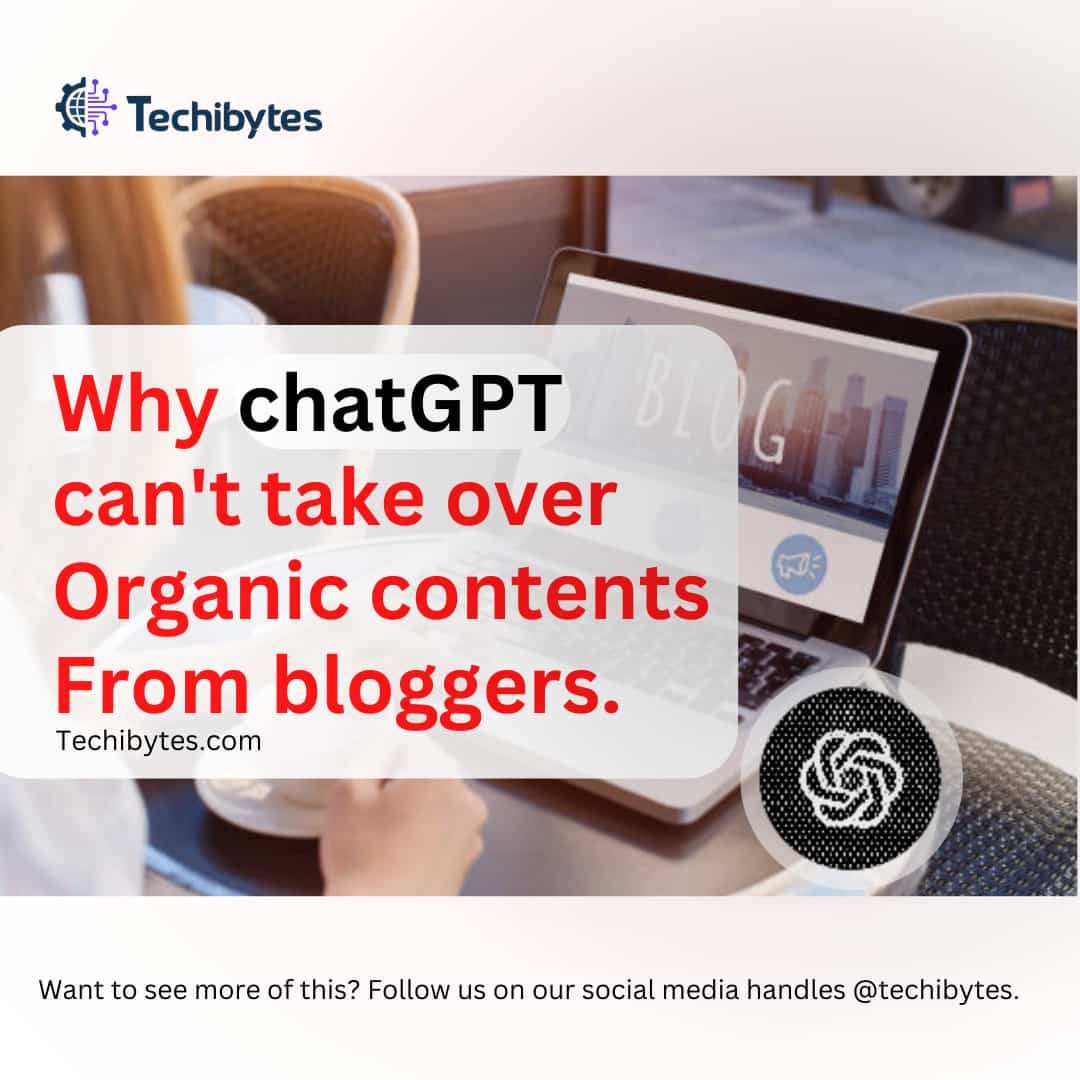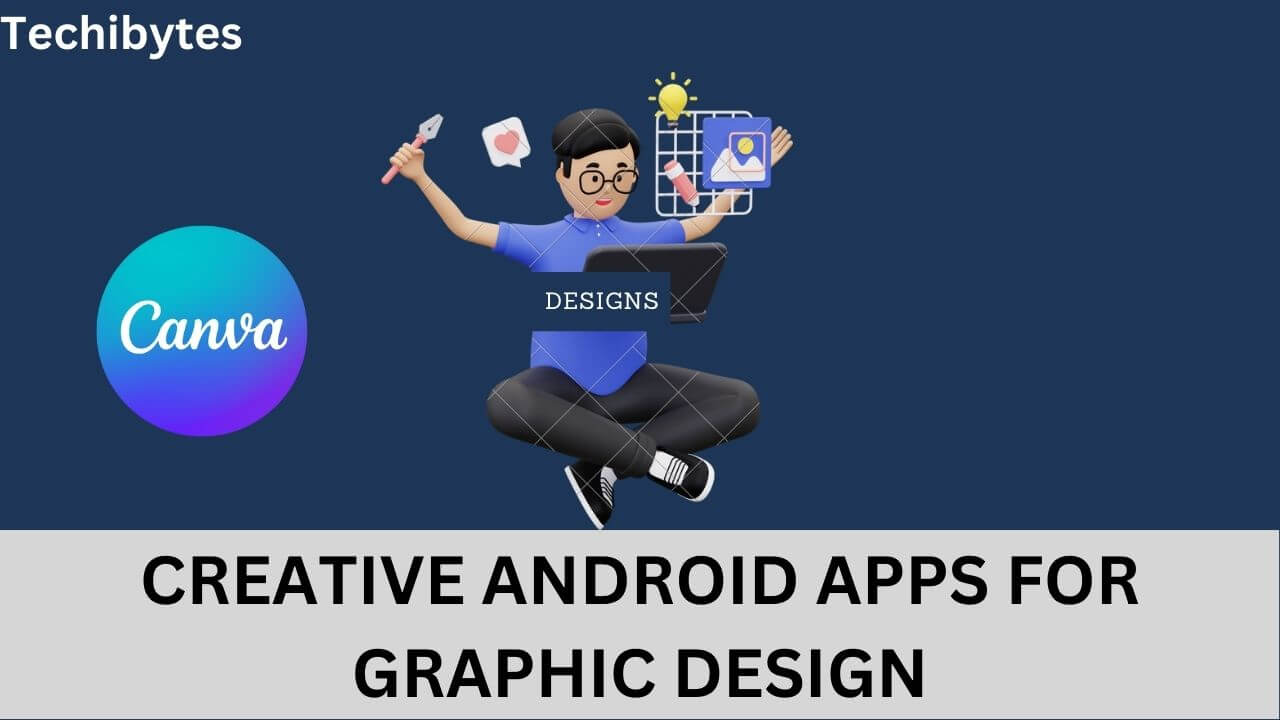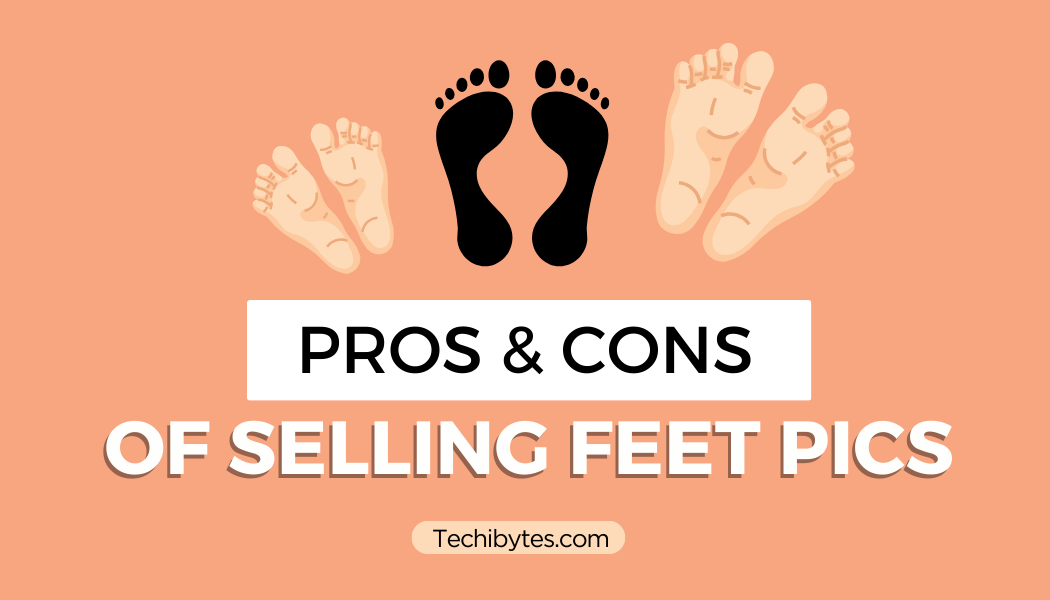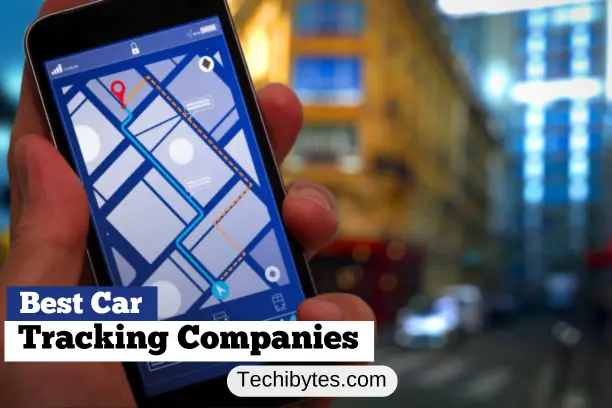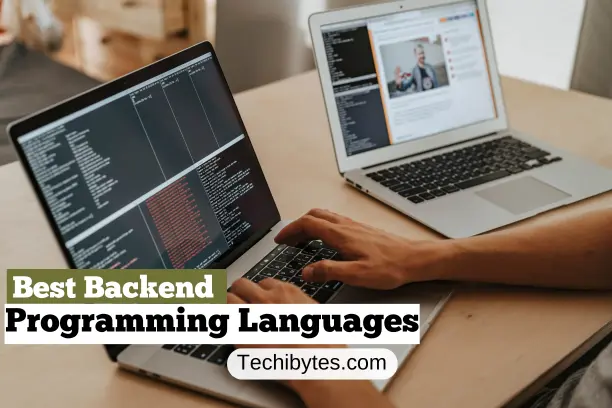AI content generation and assistance aren’t new, even in the content publishing industry. However, ChatGPT appears to be smarter and more relevant than anything we’ve seen already, which raises a pertinent question: will this tool take over the generation of organic content from bloggers?
The answer is no; not for any business or organization taking content publishing seriously. While ChatGPT is useful enough to churn out readable content (most of the time), it’s not ripe enough to make sacking your writers worthwhile.
In this article, you’ll learn why ChatGPT can’t take over organic contents from bloggers and why it may never get there. Also, I’ll show you how the tool works and how it can be helpful in your content curation process.
Table of Contents
How Does ChatGPT Work?
ChatGPT is a GPT-3-based AI tool trained for chats. It works simply: you throw a question, and ChatGPT puts words together to form sentences that it thinks are the most appropriate answer to that question. It’s capable of different tasks, including translation, summarization, and compilation.
One trending use of ChatGPT is for content writing, and the tool has proved to be able to write articles that sound human-like. It writes the same way it answers questions: using popular resources related to the topic to generate concise content that best matches your query.
As good as ChatGPT is, it’s not the AI tool that’s finally going to retire all content writers. In the following section, we’ll discuss why ChatGPT can’t take over organic contents from bloggers, despite its quality and hype.
Why ChatGPT Can’t Take Over Organic Contents from Bloggers
You’ve read about ChatGPT and think the tool will replace writers. It finds resources related to the topic it’s working on, like real writers, and it comes up with content that reads intelligently.
However, here’s why ChatGPT can’t take over organic contents from bloggers.
1. It can’t break new ground
One of the biggest problems with AI-generated content from tools like ChatGPT is inauthenticity. Human content creators can talk to other people and research resources outside the internet, luxuries AI tools can’t afford.
For instance, ChatGPT cannot offer updates about an election that’s still ongoing, as it doesn’t understand what’s happening. A human journalist can visit voting centers, call voters, and follow updates on TV, but getting an AI that does as much as updating the results without waiting for months is almost impossible.
This drawback makes ChatGPT useless for writing articles like restaurant reviews or any kind of review. The fact that most bloggers fall into a category where they must write similar content is why ChatGPT can’t take over organic contents from bloggers.
2. It lacks the human touch
One of the reasons people follow their favorite bloggers is the human touch accompanying the content they create. ChatGPT removes that human touch from its auto-generated articles, giving you little or no incentive to follow bloggers anymore.
The human touch here isn’t about the AI tool sounding like a person; ChatGPT can do that. You can even make it sound like a specific person if they’re popular enough. However, it cannot have real experiences, anecdotes, and personal experiences like the regular person does, making the content it produces sound too general.
For instance, I’m a big fan of mobile photography, and I love reading phone reviews by photographers to see how well the device holds up for taking photos. Such posts typically have details about how the phone feels, what kind of photos it takes, and how they compare to what you can get from a camera, all from their perspective.
When trying something similar with ChatGPT, you’ll notice the tool cannot use a device to give personal information, like an analysis of how the phone feels. It also can’t take photos, so we’ve ruled out its possibility to objectively compare them from a phone to another, which is why ChatGPT can’t take over organic contents from bloggers.
3. It plagiarises
You must understand how AI writes to realize why this is a problem with ChatGPT and AI writing in general. Typically, AI indexes a large dataset of meaningful text from across the internet to train itself. When you enter a prompt, it puts relevant information together and passes it through an algorithm that corrects it for grammar before throwing it back to you.
When you analyze the process, you’ll notice something fishy: AI writing tools like ChatGPT need information in the public domain. Whatever isn’t in the public domain isn’t available to them for training. As long as it’s untrained in a particular topic, it would be unable to generate any meaningful output, but I’ve discussed that briefly in the initial point.
Another disadvantage I noticed about the tool is it struggles to produce unique ideas when you feed it with the same prompt. It loops through a specific set of predetermined points in cases where there are enough, so it will return the same items if you bug it consistently enough.
To put that to the test, I asked ChatGPT (on my phone) to write a 1000 words essay about the disadvantages of the primary education system in a random sub-Saharan African country. In less than a minute, it returned a 500-word essay, which was less than I requested but still good enough for a starting point.
Almost immediately, I fired up my computer and entered the same query. Unsurprisingly, it came up with the same set of points in the same order as earlier but paraphrased well enough to pass a plagiarism test.
A trained teacher or professor won’t take up to 30 seconds to spot blatant plagiarism between the two essays, and that’s for only two. Imagine what could have happened if our hypothetical professor assigned the essay to 50 students taking his course.
4. It can be (confidently) wrong
One of the biggest hindrances to using ChatGPT on a large scale is its tendency to get its facts wrong too often, which is not what you want on a blog. From simple arithmetic errors to quoting fake statistics and figures, researchers have reproduced several errors with ChatGPT. When you analyze how AI works, it makes a lot of sense.
There’s a lot of information on the internet. While some are correct, a significant part is wrong. However, we don’t know what kind of algorithm ChatGPT uses to decide its answers to questions with conflicting answers. Whatever algorithm it uses is imperfect, as it blunders frequently.
For instance, CNET recently published some articles in the Money section of its website using an AI writing tool believed to be ChatGPT over the past months. It didn’t take too long for readers to find out for one primary reason: most of the information on the blog posts is outrightly false! CNET ended up having their writers edit 77 of those posts for misinformation; that isn’t a successful experiment.
Another problem with ChatGPT is how confident it sounds when it’s wrong. Again, this is something to do with its chat algorithm to mimic human conversations, but it also inspired so much confidence that users don’t bother fact-checking the claims. When that happens, it becomes a disaster, like the CNET situation, which is why ChatGPT can’t take over organic contents from bloggers.
5. It’s a ticking time bomb SEO-wise
Bloggers can’t earn if they don’t have readers, and readers don’t come unless their blog posts rank high on search engines. The manipulation bloggers make to ensure they rank high is called SEO, an acronym for search engine optimization.
Bloggers typically avoid whatever could derank a website on search engines, and by Google’s body language, it’s not fond of ChatGPT. Since the tool started gaining traction, Google announced its plans to penalize auto-generated content, which is a fancy name for articles from ChatGPT.
Even if the tool is working for you right now, that’s because Google is still trying to figure out how to differentiate human-written content from AI content. Once it can do so reliably, you can expect your articles to stop doing well on the search engine. If your articles don’t do well, you won’t get readers; if you can’t get readers, you can’t earn.
FAQs
Will AI Take Over Content Writing?
AI may have a place in content writing, but it’s unlikely it will take over the entire process. While an AI chatbot like ChatGPT can help generate article ideas and outlines, it still isn’t smart enough to write original content, nor is it capable of making groundbreaking discoveries like human writers can.
Will Copywriting be Replaced by AI?
Copywriting thrives on complex creativity, and emotional intelligence, two skills AI writing tools are yet to master. There’s a low chance that AI will replace copywriters now or soon, but it’s impossible.
What Fields Will AI Take Over?
If you’re very good at what you do, it’s unlikely that AI will take over your job, but some jobs have less security than others. With AI chatbots getting more popular on websites, you should be worried if your job is to respond to complaint tickets with “we’ll connect you to our technical staff.”
Conclusion
I’m a human writer, and my take has a natural bias against machine-generated content. However, that bias doesn’t make them untrue or unoriginal; those qualities are for ChatGPT-generated articles.
And that is why ChatGPT can’t take over organic contents from bloggers.
If you liked this article, then please subscribe to our YouTube Channel for videos. You can also find us on Twitter and Facebook.
